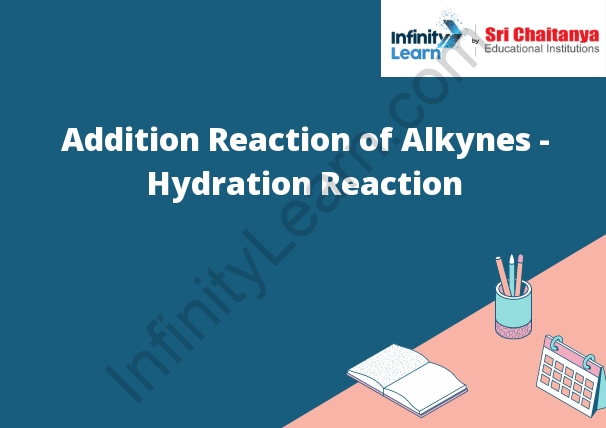Table of Contents
Alkyne Reactions ;
There are many different alkyne reactions that can occur, but the most common are additions and substitutions.
An addition reaction is a chemical reaction in which two molecules join together to form a larger molecule. In an alkyne addition reaction, the alkyne molecule is joined to another molecule, usually an alkane. The most common addition reaction is the hydrohalogenation reaction, in which an alkyne is reacted with hydrogen chloride (HCl) to form a product called an alkyl chloride.
A substitution reaction is a chemical reaction in which one molecule replaces another molecule. In an alkyne substitution reaction, the alkyne molecule is replaced by another molecule, usually an alkane. The most common substitution reaction is the halogenation reaction, in which an alkyne is reacted with a halogen (F2, Cl2, Br2, I2) to form a product called an alkyl halide.

Addition of Halogens to Alkenes
When a halogen is added to an alkene, a halogen addition reaction takes place. In this reaction, the halogen molecule attacks the carbon-carbon double bond, breaking it and forming a new carbon-halogen single bond. The halogen that is added is usually chlorine, but bromine and iodine can also be used.
Hydration Reaction of Alkynes
When an alkyne undergoes hydration, an alcohol and water are formed. The mechanism involves the attack of the oxygen atom on the carbon atom of the alkyne by the hydrogen atom of water. This forms a carbocation, which then reacts with the second water molecule to form the alcohol and water.






